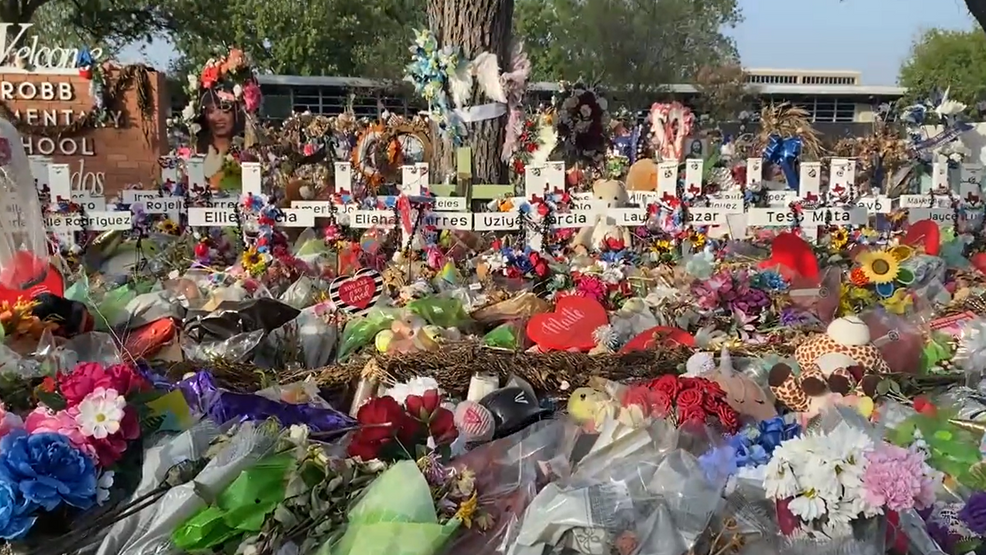
The intent of this essay is sad and outrageous. It is about mass murders in the United States and how they produce three different types of outrage or indignation. Undeniably the loss suffered by family and friends of the victims creates the deepest, most righteous indignation. In extreme contrast there is the more virulent, less virtuous type; the reflexive indignation of gun rights advocates compelled to defend their anachronistically warped interpretation * of the Second Amendment.
Though these two points of view could not be more oppositional, there is hope against hope that the third type of indignation, a subtly disarming one, may someday reveal mutual purpose. For moral and just reasons, submitted the Greek philosopher Solon, “There can be no justice until those of us who are unaffected by crime become as indignant as those who are.”
Thus, the pathetic paradox: What more horrific injustice will it take to register universally authentic indignation over the results of America’s gun violence? Whose conscience will surrender to guilt?
What of the parents of mass murderers? “Forgive me, forgive my son,” pleaded the mother of the 18-year-old Uvalde gunman, The Guardian reported. “I have no words to say, I don’t know what he was thinking.” The father’s concession was more direct. “He should’ve just killed me, instead of doing something like that …” More often, however, parents of mass murderers are obliged to lawyer up and shut up.
And what of the friends, classmates, social media followers? In the Uvalde case the alleged shooter posted photos on Instagram of military-style semi-automatic assault rifles and his TikTok profile warned, “Kids be scared.” How many youngsters suspected this kid was not right and didn’t warn someone who might’ve intervened?
For every mass murderer whose twisted “manifesto” complained of relentless bullying, what of the alleged oppressors? Do they feel contrite, culpable, guilty? And what of the bystanders who witnessed the bullying? Do they regret not intervening?
Do gun shop owners feel culpability for selling weapons used in mass murders? One story suggests a qualified yes. The owners of the shop from which the Parkland shooter purchased his AR-15 rifle claimed a “tremendous sense of responsibility in this situation and just horribleness that they feel that one of their weapons fell into the hands of this maniac.” Because the missive was relayed through their attorney it is difficult to judge whether the remorse is heartfelt or rhetorical.
Lastly, what of the seemingly unconscionable gun rights fanatics whose playbook for every mass murder is to deny culpability by 1) defending their dubious * Constitutional rights (as opposed to the life and liberty of recent and future victims?); 2) deflecting to their (transparently disingenuous) concern for mental health; and 3) offering the obligatory “thoughts and prayers” despite ample evidence that neither is effective in the absence of action. What the NRA, most GOP congressmembers, masquerading militias, and the Kari Lake and Alex Jones ilk share is neither a pretense of principle nor even a respectful concession. Is false indignation too intractable to bother with?
Beyond calling out unrepentant gun fetishists, this essay aims to address the silent majority who have turned a blind eye to the violence, fatigued by another unspeakable horror. This is a clarion call to all those who possess the capacity for empathy and who could and should be vociferously indignant. It’s safe to say, ironically, that your silence is not only deafening, but is proving to be deadly.
* The Second Amendment, adopted in 1791, states: “A well regulated Militia, being necessary to the security of a free State, the right of the people to keep and bear Arms shall not be infringed.”
Photo credit: screen grab, WOAI/KABB Staff, 6-17-22






